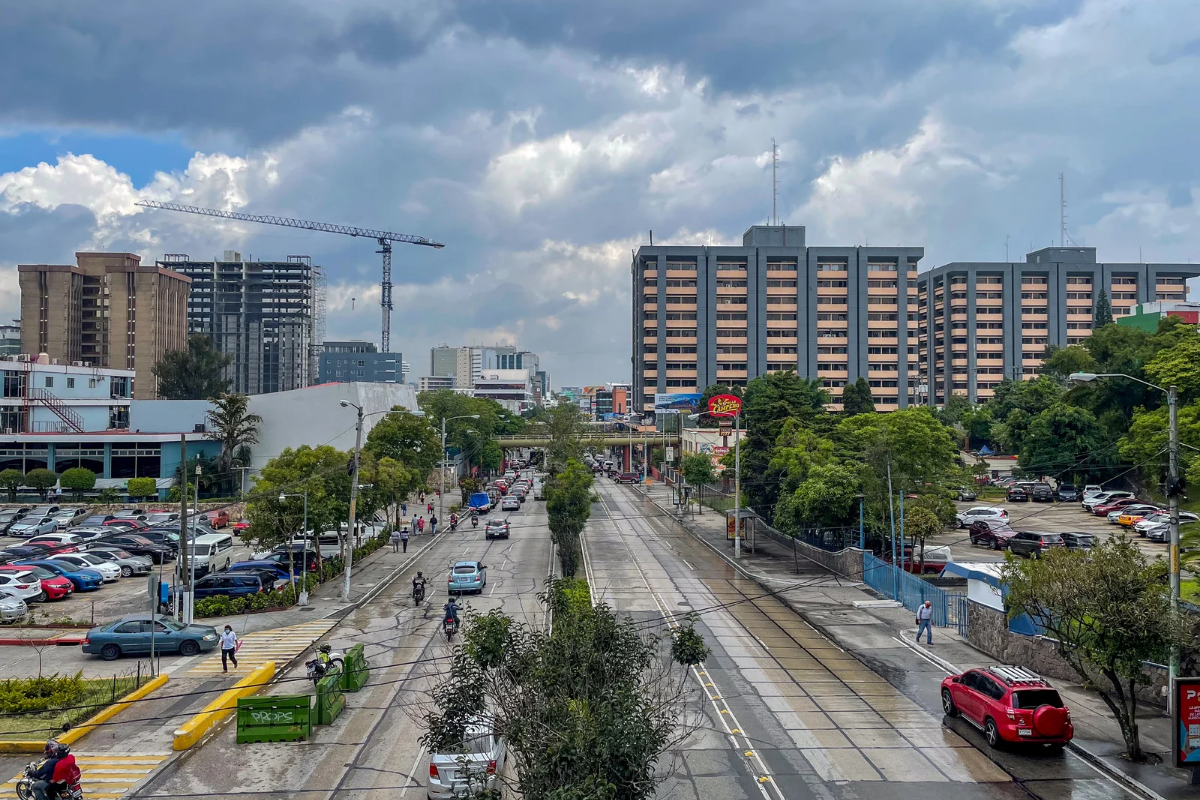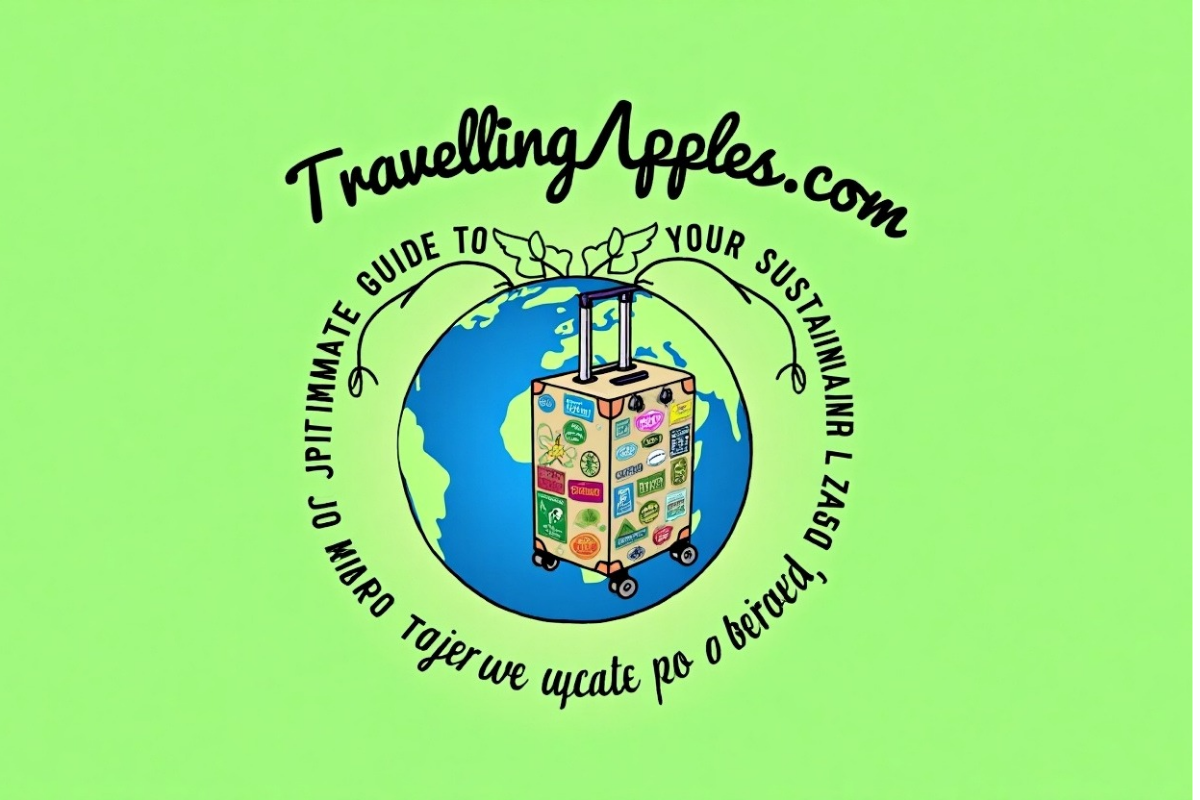Hello there!
Travel and tourism is one of the most dynamic businesses internationally, offering exciting employment prospects to individuals with a passion for discovering new places, cultures, and people. A formal education in this subject, through travel and tourism courses, equips students with the information and abilities required to flourish in numerous roles in this burgeoning business.
In this post, we’ll discuss all you need to know about travel and tourism courses, including their importance, types, popular subjects, job possibilities, and answers to commonly asked questions (FAQs).
Why Choose Travel and Tourism as a Career?
The travel and tourism business contributes significantly to the global economy. According to the World Travel & Tourism Council (WTTC), this sector accounted for 10.4% of the global GDP in 2019, creating millions of jobs globally.
Choosing a career in travel and tourism offers:
Diverse Opportunities: From tour operations to hospitality management, the industry provides a wide range of job roles.
Global Exposure: Working in this sector generally requires international travel and exposure to diverse cultures.
Personal Growth: The occupation hones communication, problem-solving, and organizing skills.
Lucrative Earnings: With the correct qualifications and experience, individuals can earn competitive earnings.
Passion-driven Work: For people who love travel and adventure, this industry turns a pastime into a career.
Types of Travel and Tourism Courses
Travel and tourism courses are designed to cater to different interests and career goals. They range from short-term certifications to extensive degree programs.
Certificate Courses
Duration: Typically 6 months to 1 year.
Purpose: Provide foundational information and skills in a short time.
Examples: Certificate in Travel & Tourism Management
Certificate in Airline Ticketing
Diploma Courses
Duration: 1-2 years.
Purpose: Focus on various areas of travel and tourism for a more in-depth understanding.
Examples: Diploma in Tourism and Hospitality Management
Diploma in Tour Guide Operations
Undergraduate Degrees
Duration: 3-4 years.
Purpose: Comprehensive programs that cover a broad spectrum of the industry.
Examples: Bachelor of Tourism Studies (BTS) Bachelor of Hotel and Tourism Management
Postgraduate Degrees
Duration: 1-2 years.
Purpose: Specialize more in specialized disciplines or managerial responsibilities.
Examples: Master of Tourism Administration (MTA) MBA in Tourism and Hospitality
Online and Distance Learning Programs
Flexible learning choices for working professionals or those unable to attend traditional classes
Slubjects Covered in Travel and TourismCourses
Travel and tourism courses contain a number of subjects, geared to educate students for business expectations. Common subjects include:
Travel Management: Understanding the logistics of organizing and managing travel experiences.
Tour Operations: Insights into planning, organizing, and performing tours.
Hospitality Management: Skills relating to hotel operations, customer service, and event management.
Cultural Studies: Learning about world cultures to enhance travel experiences.
Geography: Understanding destinations, climates, and their impact on tourism.
Marketing and Sales: Strategies for promoting tourism enterprises.
Sustainable Tourism: Practices for fostering eco-friendly travel.
Technology in Tourism: Use of software for tickets, bookings, and customer relationship management (CRM).
Career Prospects in Travel and Tourism
The travel and tourism business offers several job possibilities. Some of the most sought-after roles include:
Travel Agent Helps clients plan and schedule trips, including flights, hotels, and tours.
Tour Operator Designs and organizes vacation packages and activities.
Hospitality Manager Oversees operations in hotels, resorts, or restaurants.
Tour Guide Provides insights and information to travelers about destinations.
Airline Staff Roles like cabin crew, ground staff, and ticketing agents.
Event Manager Plans and executes events, conferences, and exhibitions in tourism-related venues.
Travel Blogger/Influencer
Combines a love for travel with content development and marketing.
Sustainable Tourism Consultant
Advises firms on eco-friendly tourism strategies.
Top Institutions Offering Travel and Tourism Courses
Many famous institutions worldwide offer programs in travel and tourism:
Cornell University (USA) – School of Hotel Administration
Griffith University (Australia) – Master of Tourism, Hotel, and Event Management Les Roches (Switzerland) – Hospitality and Tourism Programs
Indian Institute of Tourism and Travel Management (India) – Specialized tourism courses
Skills Required for a Career in Travel and Tourism
To achieve in this sector, applicants should possess the following skills:
Excellent Communication: Clear and convincing communication with clients and teams.
Interpersonal Skills: Building relationships with varied people.
Adaptability: Adjusting to varied situations and environments.
Problem-solving: Quick thinking and effective settlement of challenges.
Attention to Detail: Ensuring every part of a trip is smooth.
Language Proficiency: Knowledge of various languages might be useful.
FAQs about Travel and Tourism Courses
Q1. What qualifications do I need to enroll in a travel and tourism course?
Most courses require a high school diploma or equivalent. Advanced programs like master’s degrees may necessitate prior experience or an undergraduate degree.
Q2. Are travel and tourism courses expensive?
The fee varies depending on the institution, course duration, and level. Online training and certificates are often more economical.
Q3. Is job experience important for a career in travel and tourism?
While certain occupations demand prior experience, internships and entry-level jobs allow opportunity to obtain practical expertise.
Q4. Can I pursue a travel and tourism course online?
Yes, many universities offer online courses, making education flexible and accessible.
Q5. What is the future of the travel and tourism industry?
The industry is predicted to develop, with more attention on sustainable tourism, digital advances, and tailored experiences.
Conclusion
Travel and tourism courses open the way to an interesting and fulfilling profession in a worldwide sector. By enrolling in a program that corresponds with your interests and career goals, you can develop the knowledge needed to prosper in this dynamic field. Whether you dream of managing luxury resorts, leading tourists through exotic destinations, or providing sustainable travel solutions, the appropriate education can make it happen.




